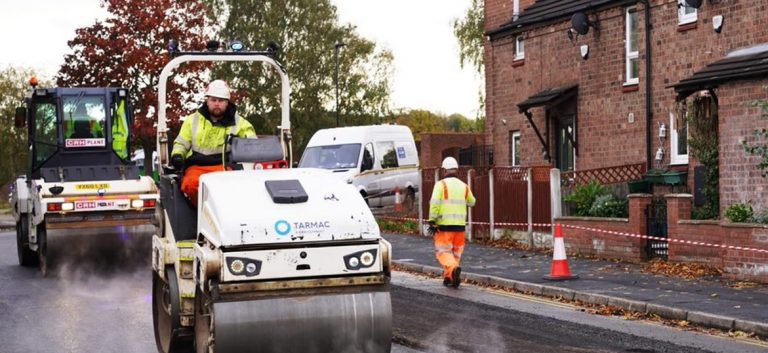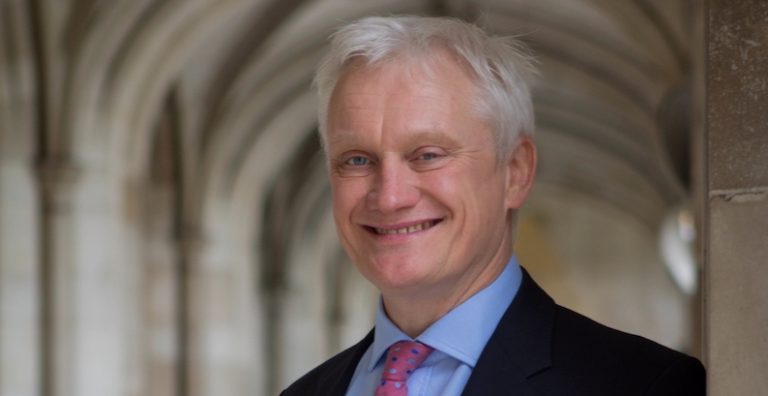Work completes on new SEN learning centre in Leeds
Self-employed get two-year reprieve over switch to Making Tax Digital
Sheffield councillors aim to improve highway contractor’s resurfacing schedule
Beverley MP signs landmark agreement over energy co-operation
“The development of renewables in the North Seas is critical for accelerating our clean transition and boosting energy security for the UK and our European neighbours.
“The UK currently sends and receives electricity through cables that link us with neighbours like France, Belgium and the Netherlands. The agreement bolsters the mission to facilitate further interconnection.” Analysis by National Grid Electricity System Operator shows that a well-integrated grid linked to offshore wind farms can deliver savings to consumers of up to around £3 billion.Barnsley & Rotherham Chamber names Chief Executive’s successor
WANdisco signs $31m agreement with global telecommunications supplier
Advanced automation and robotics specialists join AMRC
Cheers! Government plans longer pub opening hours for the Coronation
“Over the Bank Holiday weekend we can raise a glass to our new monarch, and with our friends and families wish him a long and successful reign.”
The extension of licensing hours for the Coronation will be subject to public consultation, and follows the government’s announcement of an additional Bank Holiday on Monday 8 May, with public events and local community celebrations being planned across the country to mark the historic occasion.Yorks & Humber sees SME share of innovation funding balloon
Yorkshire companies collaborate on clean energy supply project in Paraguay












